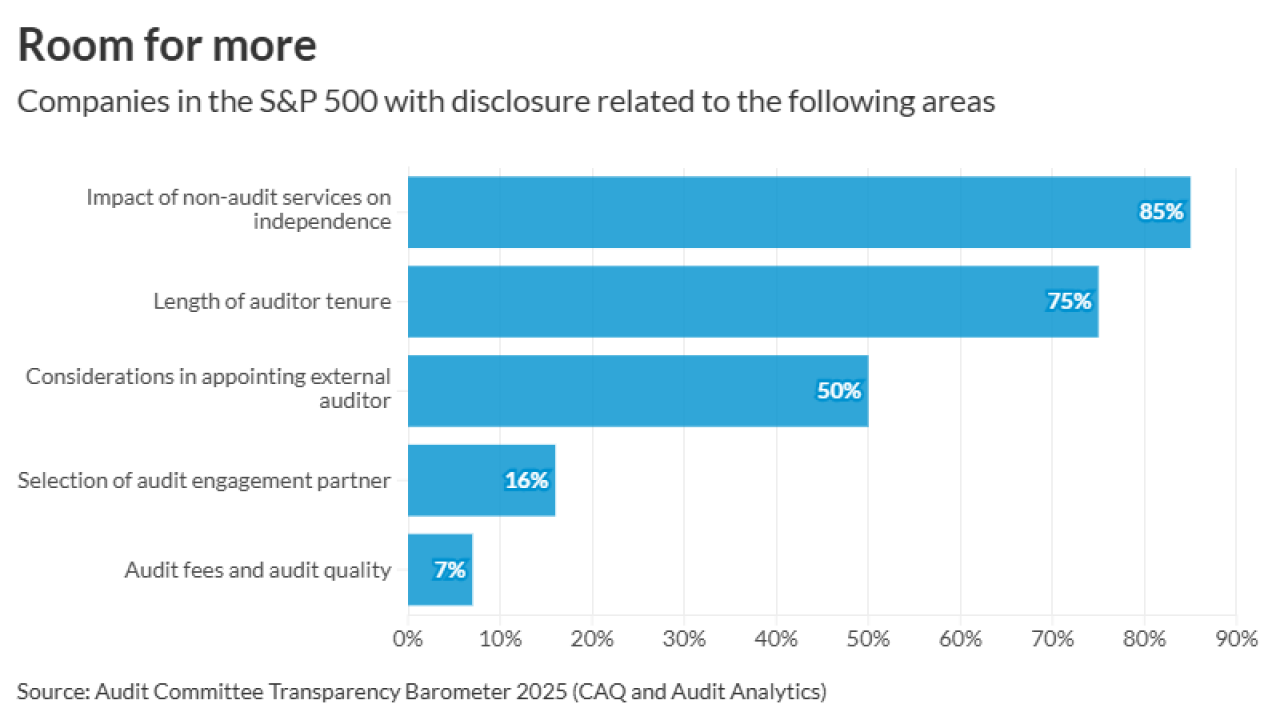As accounting firms are increasingly targeted with cyberattacks, cybersecurity has become essential for every professional. Between data breaches, phishing attacks and malware, criminals are going after the sensitive financial data held by accountants. Modern accountants, then, must take their cyber defenses seriously for the sake of themselves and their clients.
With this in mind, we present the latest edition of our monthly series, Cybersecurity for CPAs. This regular feature will bring you the best cybersecurity stories from Accounting Today, as well as lessons drawn from real-life cybersecurity incidents, plus stats and charts to help you better understand the current landscape. It's our hope that readers will be able to use the news and insights offered in this feature to make their own firms safer in an increasingly dangerous world.






